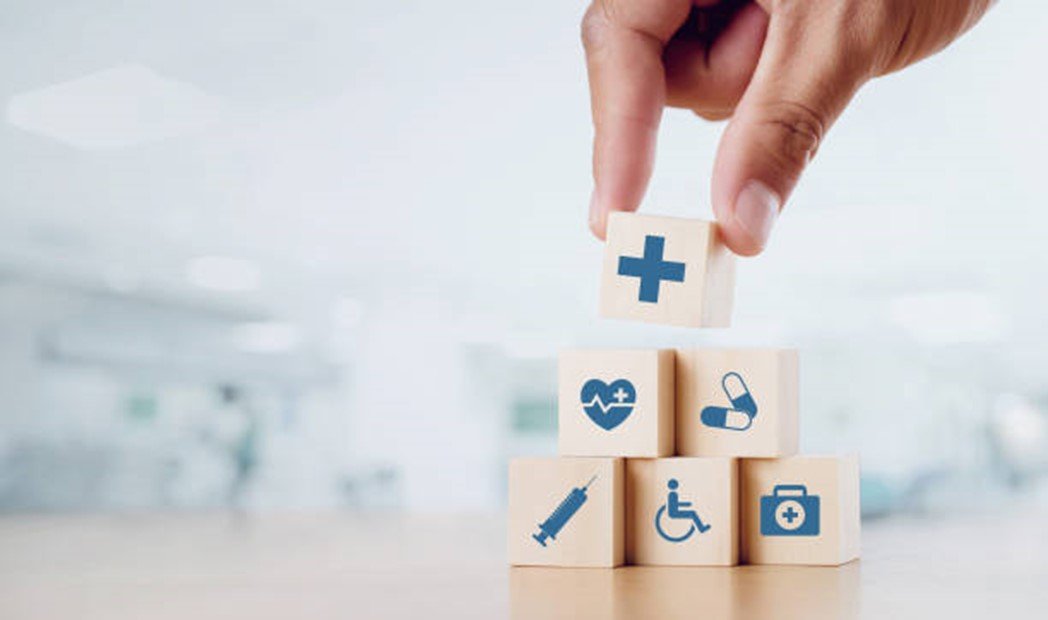For many people who are experiencing emotional or physical discomfort, self-medication has become a common coping strategy. People will sometimes take matters into their own hands in an attempt to relieve their misery, whether through the use of alcohol, prescription medicines, or even illicit substances. Although this might appear to be a short-term solution, it frequently makes the underlying issues worse, increasing the risk of long-term health issues and creating a difficult-to-break cycle of dependency.
Self-medication might mask the true problems, such unresolved trauma or ongoing stress, according to Dr. Suranjit Chatterjee, Senior Consultant in Internal Medicine at Indraprastha Apollo Hospitals. The short-term painkillers might conceal more serious emotional or psychological issues that call for expert care. For instance, someone who drinks to cope with their worry may feel better temporarily, but over time, their mental health may deteriorate and they may fall into a cycle of dependence. It is extremely difficult to break free from this cycle without help because it frequently develops into more serious health issues.
Furthermore, self-medication may result in bodily illnesses. Organs and systems can be harmed by abusing prescription drugs or taking illegal substances, and in certain situations, these effects may be irreversible, according to Dr. Chatterjee. Self-medicating can have significantly more detrimental long-term effects than the original distress that led to the behavior.
If left unchecked, especially when taking medication, it might cause tolerance to the drug and eventually result in the need for greater dosages.
Seeking professional help and building a support system
Dr. Chatterjee emphasizes how crucial it is to have expert assistance in order to effectively address self-medication. Addiction specialists, psychologists, and therapists can assist people in identifying the underlying causes of their problems. People can learn how to reframe their beliefs and behaviors related to the temptation to self-medicate and recognize maladaptive coping mechanisms by engaging with a therapist skilled in Cognitive Behavioral Therapy (CBT). Because it helps people disrupt the habits that lead to dependence, cognitive behavioral therapy (CBT) has been very effective in treating substance use disorders.

Another excellent method to enhance mental health is to take part in enjoyable and calming hobbies. (Source: Freepik)
Additionally, Dr. Chatterjee stresses the value of establishing a solid support network. Interacting with loved ones, friends, and support groups can offer the motivation and direction need to resist the temptation to self-medicate. This network facilitates the development of emotional safety and a sense of belonging, both of which are essential for healing.
Healthier alternatives to self-medication
There are a lot of better ways to deal with stress and emotional anguish outside using drugs. Dr. Chatterjee advises engaging in self-care practices that support mental and physical health. For instance, regular exercise releases endorphins, the body’s natural feel-good hormones, which can help lower anxiety and elevate mood. Another useful strategy for calming the mind and lowering tension, which frequently results in self-medication, is mindfulness meditation.
Another great method to enhance mental health is to take part in enjoyable and calming hobbies. Hobbies, whether they be gardening, painting, or reading, offer a rewarding, constructive release and help divert attention from stress. Resilience in mental health depends on leading a balanced lifestyle that includes a healthy food and enough sleep. The body is better able to handle life’s obstacles without turning to drugs when it is properly rested and fed.



